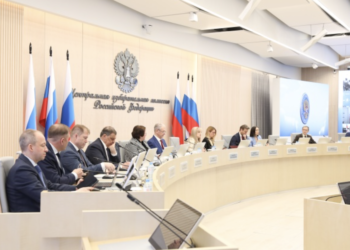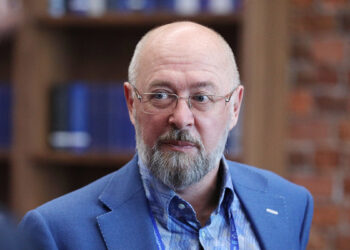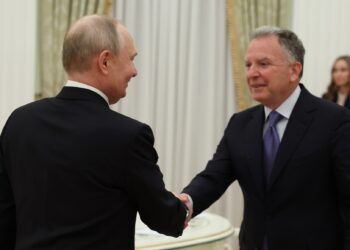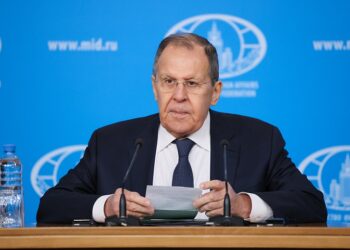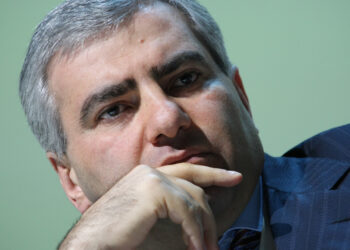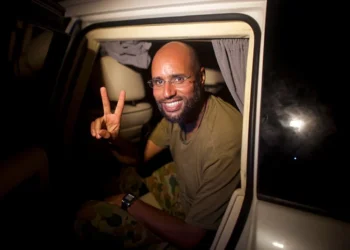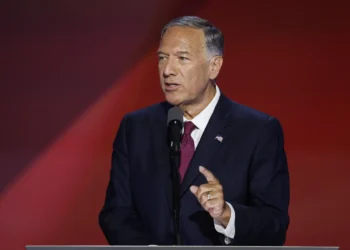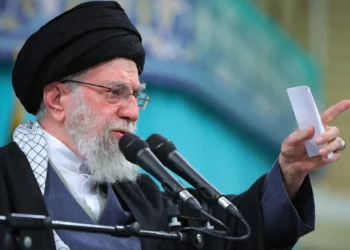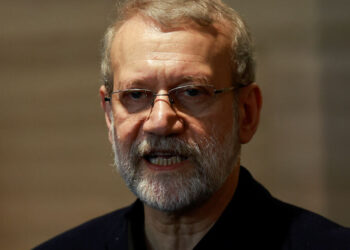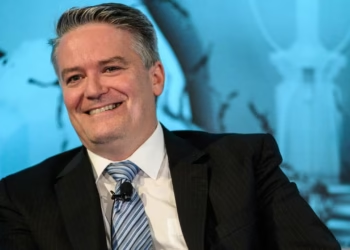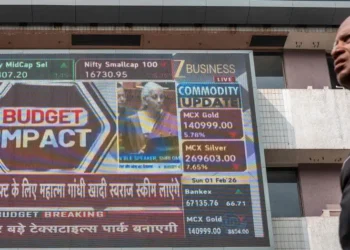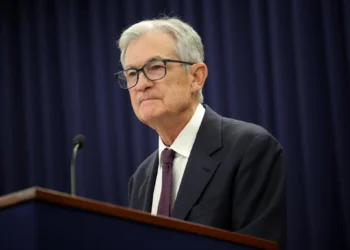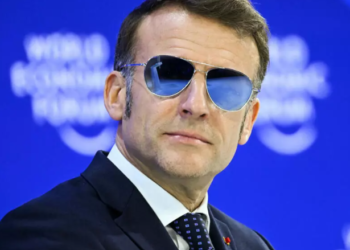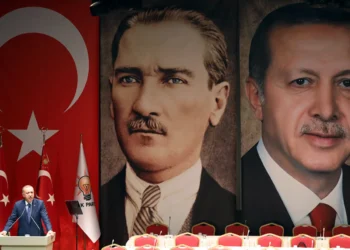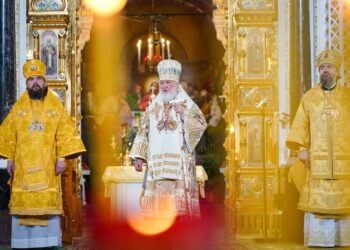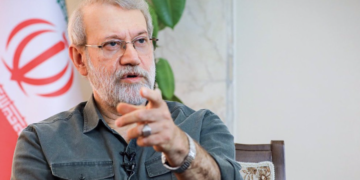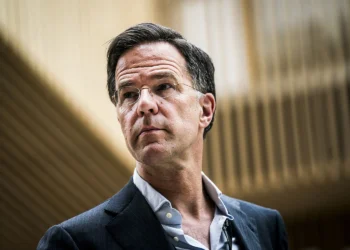Putin and Xi reaffirm strategic partnership in New Year video talks
MOSCOW (Realist English). Russian President Vladimir Putin held a video conference with Chinese President Xi Jinping on February 4, marking...
Read moreCommittee for the Defense of the AAC in Bratislava Calls for Release of Detained Clergy
BRATISLAVA (Realist English). A meeting of the Committee for the Defense of the Armenian Apostolic Church (AAC) and Christianity in...
Read moreSouth Africa’s Democratic Alliance leader to step down amid party turmoil
DURBAN (Realist English). John Steenhuisen, leader of South Africa’s Democratic Alliance (DA), said he will step down in April after...
Read moreDivisions in European Parliament stall progress on digital euro
BRUSSELS (Realist English). The European Union’s plan to introduce a digital form of cash cannot move forward unless the European...
Read moreRising global demand drives record prices for South Korea’s dried seaweed
SEOUL (Realist English). Dried seaweed, known locally as gim, has long been a cheap staple on South Korean dining tables....
Read moreIran warns EU states of retaliation after IRGC blacklisting
TEHRAN (Realist English). Iran’s top security official Ali Larijani has warned that the armed forces of European Union member states...
Read more



